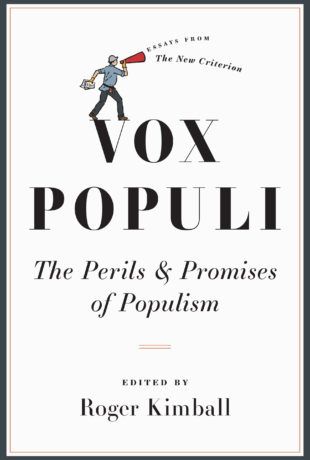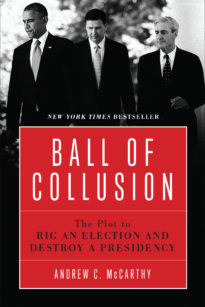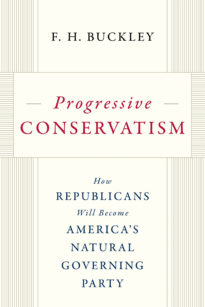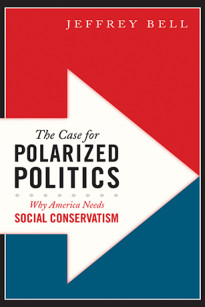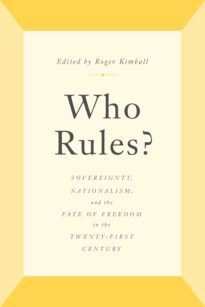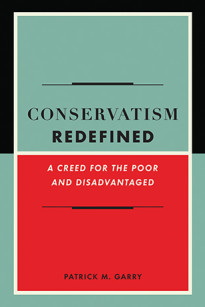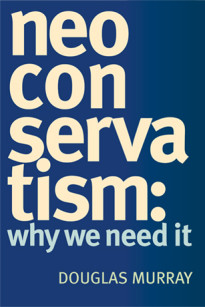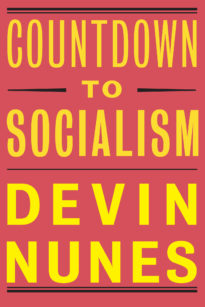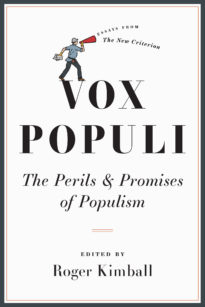Connoisseurs of cant will have noticed that the term “racism” has a similar all-purpose, content-free aura of malignity, but exploring that malodorous development is a topic for another day.
When it comes to understanding populism, history can be as con- fusing as it is illuminating because many of the standard historical examples one encounters have but a tenuous connection with what is today denominated as “populist.” Most surveys of the subject start with Tiberius and Gaius Gracchus, the Roman Tribunes who in the late Republic agitated for land reform and grain allotments for the poor. As Barry Strauss reminds us in “Populares and Popu- lists” below, they also introduced mob violence to the metabolism of Roman political life and were, a decade apart, murdered, in the case of Tiberius, or driven to suicide, as for Gaius, by their patrician opponents.
But what lessons do the Gracchi brothers, or later Roman pop- ulists like Gaius Marius or Julius Caesar, have to tell us about the signal populist movements of our own day? Doubtless, they offer a salutary admonition, but, at least in the United Kingdom and the United States, any supposed parallels seem tenuous. I would extend that epistemic stinginess to more modern allotropes of populism like Huey Long and Father Coughlin, two other figures who make at least cameo appearances whenever populism is the topic du jour.
It is often said that “populism” is “anti-elitist,” but again, when it comes to phenomena like Brexit or the election of Donald Trump, I am not sure that the effective opposition is between elites, on the one hand, and us common folk, on the other. Often, I believe, the putative “elites” turn out not to be particularly “elite” or elevated, merely to be possessed through no virtue of their own of an abun- dance of state power.
My own feeling is that most contemporary examples of what are called “populist” movements are at bottom movements to force the question “Who rules?” Populism, in this understanding, is primarily
about the question of sovereignty. I am convinced that the issue of sovereignty, of what I call in my concluding essay in this volume the location of sovereignty, has played a large role in the rise of the phenomenon we describe as “populism” in the United States as well as in Europe. For one thing, the question of sovereignty, of who gov- erns, stands behind the rebellion against the political correctness and moral meddlesomeness that are such conspicuous and disfigur- ing features of our increasingly bureaucratic society.
The issue of sovereignty also stands behind the debates over the relative advantages and moral weather of “globalism” vs. “nationalism,” as well as the correlative economic issues of underemployment and wage stagnation. Those whom James Madison castigated as “theoretic” politicians may advocate “globalism” as a necessary condition for free trade. But the spirit of local control tempers the cosmopolitan project of a borderless world with a recognition that the nation state has been the best guarantor not only of sovereignty but also of broadly shared prosperity. What we might call the ideology of free trade—the globalist aspiration to transcend the impediments of national identity and control—came to seem to its critics an abstraction that principally benefits its architects.
Below, I quote Edmund Burke’s 1770 essay Thoughts on the Cause of the Present Discontents on the Court of George III. Burke criticized the Court party of his day for circumventing Parliament and establishing by stealth what amounted to a new regime of royal prerogative and influence-peddling. It was not as patent as the swaggering courts of James I or Charles I. George and his courtiers maintained the appearance of parliamentary supremacy. But a closer look showed that the system was corrupt. “It was soon discovered,” Burke wrote with sly understatement, “that the forms of a free, and the ends of an arbitrary Government were things not altogether incompatible.” That discovery stands behind the growth of today’s administrative state.
